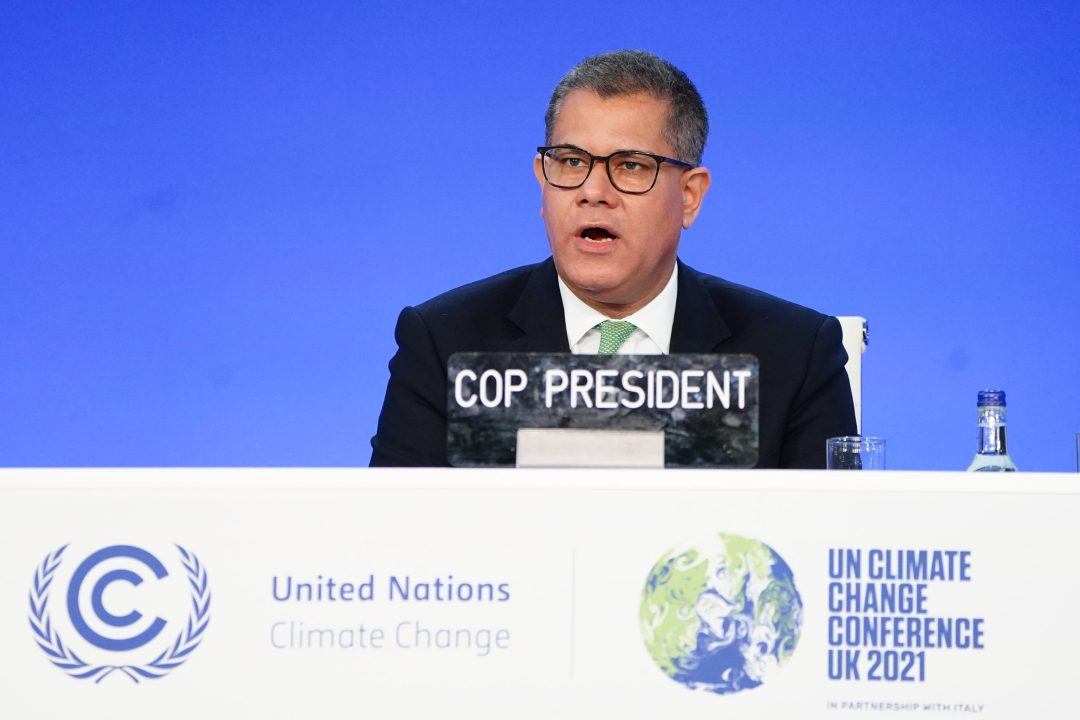Websites promoting the Cop climate summits hosted by the UN produce around seven times more carbon than average websites, according to researchers.
Around 3% of emissions are now attributable to the internet, but the carbon footprint of official Cop host country websites is still significantly higher than the average webpage, an Edinburgh College of Art study found.
Researchers from the Institute for Design Informatics also said that average emissions from Conference of the Parties (Cop) websites had risen by more than 13,000% between the first summit in 1995 and Cop29 last year.
Cop30 is being held in Brazil between November 10 and 21 this year but experts have said it is not hosted on verified renewable energy infrastructure.
Researchers analysed web archive data to assess changes in the carbon footprint of Cop websites over a 30-year period and their findings indicated emissions remained relatively low until Cop14 in 2008, with sites emitting the equivalent of 0.02g carbon per page view.
However, from Cop15 onwards emissions have risen sharply, with pages on average emitting the equivalent of more than 2.4g of carbon per visit, with some emitting substantially more.
Comparatively, the average website emits the equivalent of 0.36g of carbon per page view, according to researchers.
Website views during Cop3 in 1997 – the first year with available data – emitted the equivalent of 0.14kg, roughly the amount of carbon that a mature tree can absorb in two days.
In contrast, it would take up to 10 mature trees a full year to absorb the 116.85kg of carbon emitted as a result of Cop29 homepage visits alone – an increase of more than 83,000%, according to researchers.
The rise corresponded with Cop pages increasingly using content that requires greater computing power, such as multimedia files, experts say.
The researchers recommended steps for reducing the digital footprint of websites, including placing strict limits on page sizes, optimising site layouts and hosting websites on servers powered by renewable energy.
The analysis is the first example of web archives, such as the Internet Archive, being used to track websites’ environmental impact over time, the team says.
The findings are published in the journal PLOS Climate.
Professor Melissa Terras, of the Institute for Design Informatics at Edinburgh College of Art, said: “The digital footprint of websites, and how they have grown over time, deserves further scrutiny.
“In this innovative use of web archives as a data source to measure how websites have expanded, we chose first to look at the Cop conferences, given they are the focus of so much discussion on climate change.
“Our research shows that the carbon cost of digital presence is often overlooked by even those who care about, and are meant to protect, the environment. We hope our recommendations, and our tool, can help institutions identify and tackle this issue.”
PhD student David Mahoney, of the Institute for Design Informatics at Edinburgh College of Art, said: “Websites remain the longest-standing and most widespread form of human–computer interaction, and one of the largest contributors to the internet’s environmental impact.
“Our work shows how reusing web archives can expose this growing blind spot, even among organisations at the heart of climate discussions, and help identify practical ways to cut digital emissions.”
Professor Frauke Zeller, of the Institute for Design Informatics at Edinburgh College of Art, said: “We are excited to showcase this innovative research and how it creates impact on a wider academic, societal and international scale.”
Cop has been contacted for comment.
Follow STV News on WhatsApp
Scan the QR code on your mobile device for all the latest news from around the country


 PA Media
PA Media
























